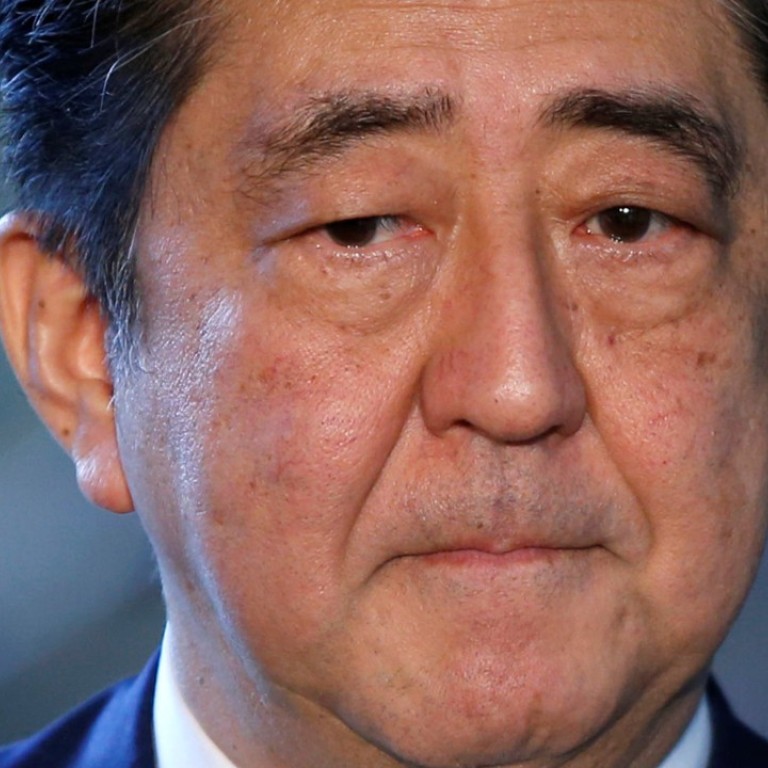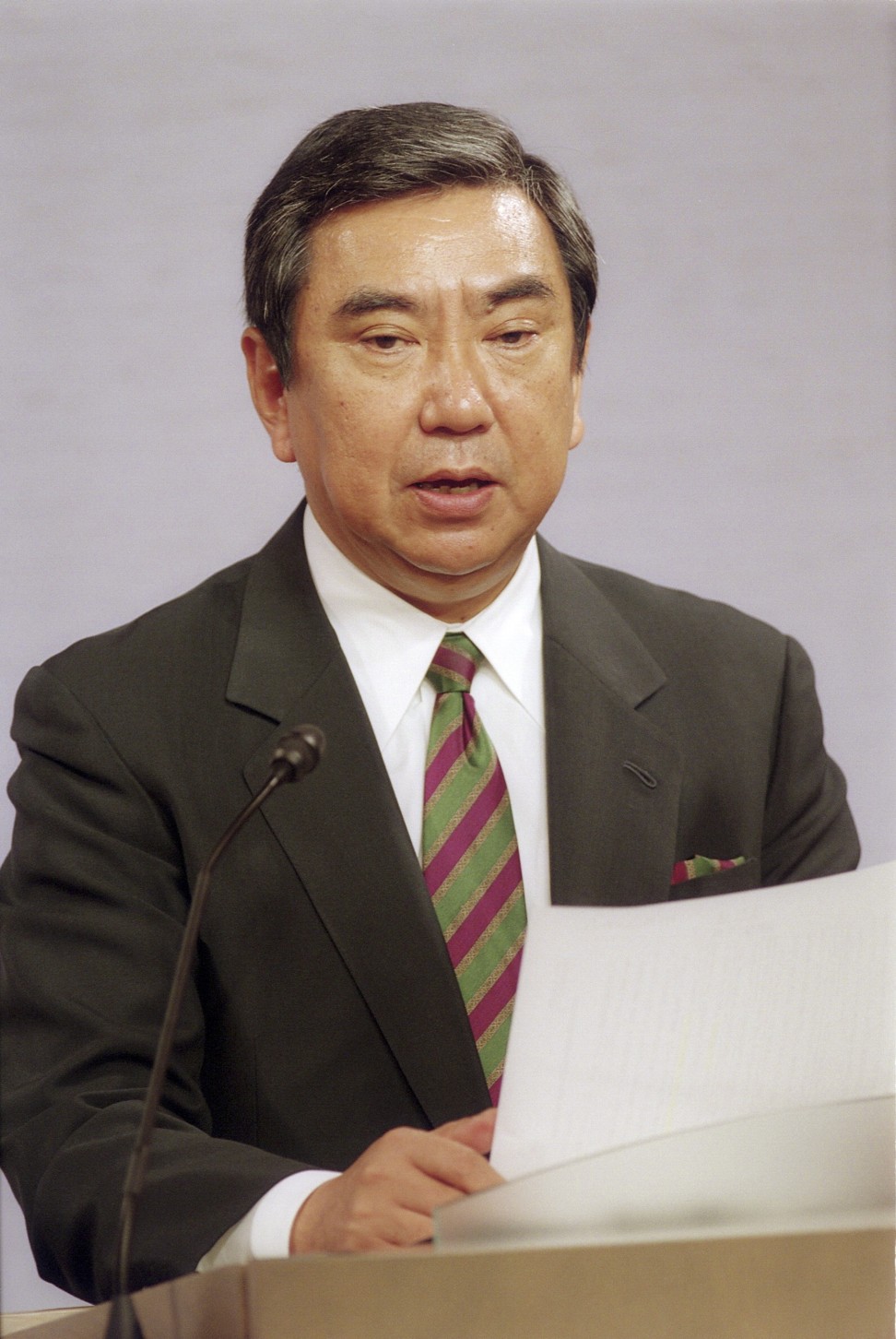
Former Japanese foreign minister Yohei Kono criticises Prime Minister Shinzo Abe over North Korea
As chief cabinet secretary in 1993, Kono issued a landmark apology to Korean “comfort women” forced to work in Japan’s wartime military brothels
Yohei Kono, a former lower house speaker and the father of Japanese Foreign Minister Taro Kono, criticised Prime Minister Shinzo Abe on Wednesday for his handling of North Korea’s nuclear and missile threats, urging him to work closely with China.
The US, Japan and South Korea have been eager to cooperate in putting pressure on Pyongyang, but “have not tried to proceed with policies [against the North] with China,” said Kono, a former foreign minister, at the Japan National Press Club.
“It is obvious that China is the country that can persuade North Korea as China accounts for most of North Korea’s trade. Even if the United States imposes tougher economic sanctions, their effectiveness would hinge on China’s move.”
Unless China takes part in compiling proposed sanctions against Pyongyang, “the situation will not get better” if Washington, Tokyo and Seoul seek Beijing’s cooperation only after punitive measures are determined, Kono added.

Japan has asked China to play a key role in dealing with North Korea, but at the same time has sought to form a “coalition against China” with nations including India and Australia amid China’s growing assertiveness in regional waters, Kono said.
Although Abe’s government “has to seriously consider which countries should join hands to resolve North Korean issues,” insufficient effort has been made to forge an effective alliance with China on the issue, Kono indicated.
As chief cabinet secretary in 1993, Kono issued a landmark apology to Korean “comfort women” forced to work in Japan’s wartime military brothels. As he has emphasised the importance of diplomacy with neighbouring nations, Kono is also known as a pro-China politician.
Abe’s appointment of his son as foreign minister in early August raised hope for improvement of relations between Japan and China, which have been shaken by a territorial row.
Kono, however, said. “China’s concerns have not waned over the politics of Abe,” who has called for vigilance against Beijing’s assertive territorial claims in the East and South China seas.
Asked about how he evaluates the performance of his son as foreign minister, Kono only said: “It is difficult to make a comment.”

